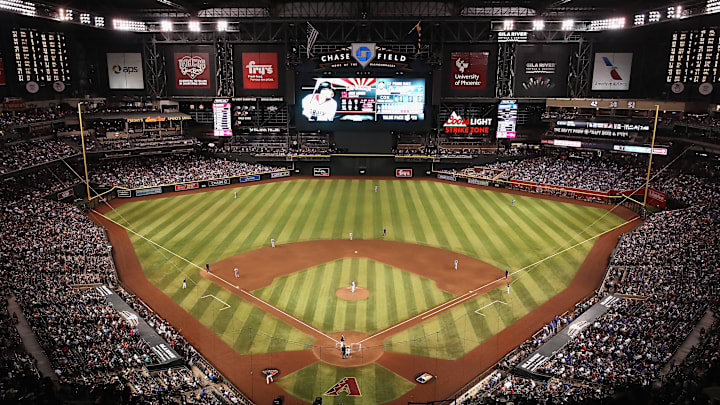
Second Baseman Craig Counsell
Craig Counsell was a hero for the Diamondbacks in their Postseason run. But even though he had come up clutch a handful of times in the 2001 Postseason, he was not much of a hitter in the regular season. But like Womack, he was a great defensive infielder, but with more versatility than Womack.
Counsell hit .275/.359/.362 with a .321 wOBA, and 88 wRC+. Counsell hit for little power and only had four homers in 533 plate appearances, as well as an ISO under .100 at .087. But he got on base at a respectable rate, struck out in just 14.3% of his plate appearances, and drew a walk 11.4% of the time.
Counsell saw 240+ innings at second base, shortstop, and third base. His best position was third, where he racked up +8 total zone runs in just 403.2 innings. But he lined up at second base during the Postseason. He was also good at the keystone and had +4 TZR in just 240 innings at the position.
Counsell won the National League Championship MVP award. In five games and 23 plate appearances, Counsell racked up eight hits, including three doubles. But he contributed almost nothing with the bat in the World Series. He appeared in six of the seven games and had just two hits in 29 plate appearances.
